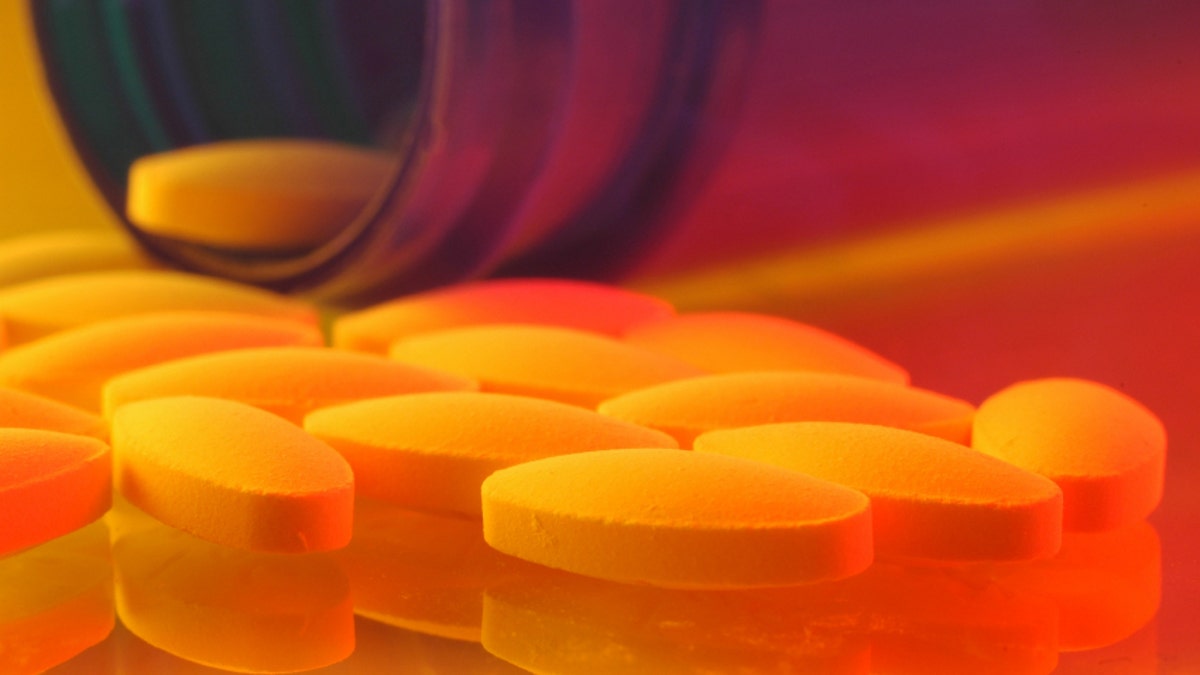
Tanzanian authorities and INTERPOL have just made a major seizure of fake and substandard drugs, spanning 273 types of medicines sold in the country.
While good news, it's a stark reminder that Africa remains ground zero in the global war on bad medicine.
We've had a global treaty against counterfeit bank notes since 1929. Surely patients deserve the same protections in the 21st century.
We are gaining ground against counterfeit criminals and negligent manufacturers -- country by country, battle by battle -- but the fact is we will not win the war until we create better laws and harmonization among countries. And to do that we need a treaty that gives regulators and police the right to traverse borders, just our enemies do to peddle their deadly wares.
We've had a global treaty against counterfeit bank notes since 1929. Surely patients deserve the same protections in the 21st century.
A recent study by the National Institutes of Health found that up to a third of antimalarial medicines sold in Africa are of poor quality. Other studies have shown significant problems with other, notably antibiotics and tuberculosis treatments.
Some of the culprits were African companies, but others were located in India, China, Pakistan, and further afield, producing shoddy products or colluding with intermediaries to push outright fakes.
Nigeria is among several African countries leading the charge to protect patients against this assault.
A decade ago, nearly half the medicines sampled in Nigeria failed basic quality control tests.
Five years ago, the failure rate was under 17 percent, and today it is below 15 percent according to a study we have published with colleagues.
Like our regional partners in Africa, we have achieved this success through a range of concerted policies and actions.
NAFDAC, the Nigerian Agency for Drugs Administration and Control, has frequently shut down retailers unable to provide an invoice for their drugs or proof of a legal transaction.
Increasing penalties for criminal actions and regulatory violations, coordinating with customs and police, working with INTERPOL and other international agencies, and preventing substandard producers from India and China exporting to Nigeria, have all helped to improve medicine quality.
Furthermore, NAFDAC has pioneered the use of mobile technology to prevent patients buying poor quality medicines, at customs and border crossings and at pharmacies.
The device is a hand-held raman spectrometer, TruScan, developed by ThermoFisher to help the US military identify explosive and lethal materials.
Like other such devices, it is designed to withstand harsh conditions and can be used with basic training.
NAFDAC has deployed it for more than three years with effect, most notably intercepting at customs tens of thousands of fake packages of the Indian antimalarial Lonart, which had been manufactured by Chinese criminals.
In the first-ever large-scale field study of this technology, we just published an analysis of 2,205 samples of essential medicines -- including antimalarials, antibiotics and analgesics from pharmacies across Nigeria -- collected by NAFDAC and tested both in a standard lab and with TruScan.
Just over 14 per cent failed comprehensive quality control tests. For approximately 90 per cent of samples, the TruScan and the laboratory results concurred. Notably, very few products passed the TruScan but failed in the laboratory (37, or 1.7 per cent of the total sample).
From a public health perspective, this is a robust result, as few undesirable products are assumed to be of high quality.
Furthermore, TruScan's failure to identify dangerous products was almost entirely limited to one drug type known to exhibit excess fluorescence, leading to erroneous results. Armed with this knowledge other techniques can be deployed to screen this type of medicine, along with visual inspection of packaging and pills.
Still, there is only so much that Nigeria or any country can do on its own, or even through regional cooperation.
Winning the global war on bad medicine will require an international treaty that sets clear standards for drug quality -- and enforces severe penalties for offenders.
Such a treaty would enhance cooperation among police and prosecutors in countries as far flung as Nigeria and India.
It would also create legally binding common technical standards in the international trade of medicines, which are essential to most every modern good or service you can imagine -- from FedEx to phone calls. But most importantly, it would help protect patients in countries that lack the resources to effectively regulate their own drug supply.
Only one in three countries around the world have a robust national health regulator. Most have a poorly functioning system, or none at all.
We've had a global treaty against counterfeit bank notes since 1929. Surely patients deserve the same protections in the 21st century.
Until then, we may continue to win battles against purveyors of fake and substandard medicines, armed with new technologies and strong political leadership. But we will never win the war on bad medicine.
